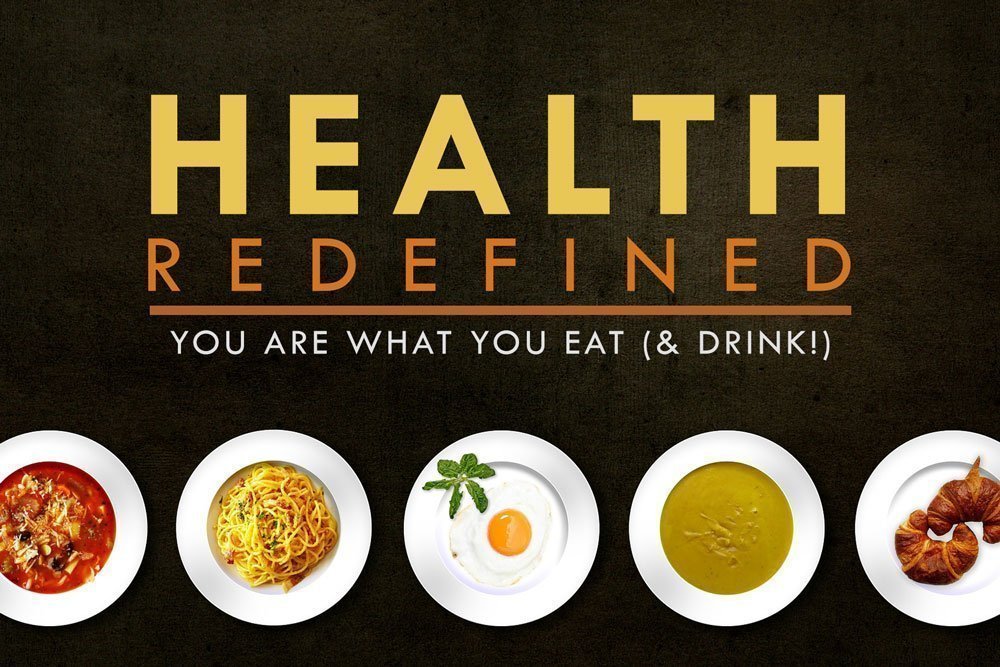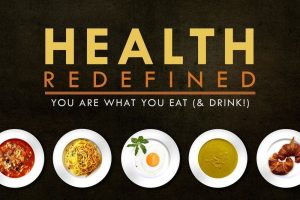
Nutrition is a dynamic field that continually evolves as new research emerges. In recent years, there has been a shift in the way we perceive and practice healthy eating. This article will delve into the latest research and trends in healthy eating, exploring how our understanding of nutrition is being redefined.
The traditional notion of healthy eating was often centered around calorie counting, macronutrient ratios, and weight management. While these factors remain important, modern nutrition science recognizes that a holistic approach is necessary for optimal health. Researchers are increasingly focusing on the quality and sources of our food, as well as the interplay between diet and chronic diseases.
One of the most notable trends in nutrition redefinition is the emphasis on whole, unprocessed foods. Whole foods are those that are as close to their natural state as possible. They include fruits, vegetables, whole grains, nuts, seeds, and lean proteins. These foods are rich in vitamins, minerals, fiber, and various beneficial compounds that promote health. Research has shown that a diet rich in whole foods is associated with a lower risk of chronic diseases, including heart disease, diabetes, and certain cancers.
In contrast, heavily processed foods, which often contain added sugars, unhealthy fats, and artificial additives, have been linked to an increased risk of obesity and other health issues. The shift toward whole foods is based on the idea that the human body is adapted to process and thrive on natural, unaltered foods.
Another significant aspect of nutrition redefinition is the understanding of macronutrient quality. It’s not just about the quantity of carbohydrates, fats, and proteins consumed, but the type as well. For instance, not all carbohydrates are equal. Refined carbohydrates, like those found in white bread and sugary snacks, can cause rapid spikes in blood sugar and insulin levels, which may lead to weight gain and insulin resistance. On the other hand, complex carbohydrates, such as those found in whole grains and legumes, release energy slowly and promote stable blood sugar levels.
In recent years, there has been a resurgence of interest in healthy fats. For a long time, dietary fat was demonized, and low-fat diets were popular. However, research has revealed that certain fats, such as those found in avocados, nuts, and olive oil, are beneficial for heart health and overall well-being. The Mediterranean diet, which is rich in these healthy fats, has gained widespread recognition for its potential to reduce the risk of heart disease and improve longevity.
The redefinition of nutrition also takes into account the role of diet in inflammation. Chronic inflammation has been linked to a variety of health problems, from arthritis to cardiovascular disease. Some foods, such as processed meats and sugary beverages, are associated with increased inflammation, while others, like fatty fish and colorful fruits and vegetables, possess anti-inflammatory properties. These insights have led to the development of anti-inflammatory diets as a tool for preventing and managing inflammatory conditions.
In recent years, there has been a surge in interest in plant-based diets. While vegetarianism and veganism have been around for a long time, the latest research and trends in nutrition have reinforced the health benefits of plant-centric eating. Plant-based diets are associated with a reduced risk of obesity, heart disease, and certain types of cancer. They also tend to be high in fiber, which supports digestive health and can aid in weight management.
Intermittent fasting is another intriguing trend in healthy eating. Research has suggested that intermittent fasting, which involves cycling between periods of eating and fasting, can have various health benefits. It may help with weight loss, improve metabolic health, and even support brain health. There are several popular fasting protocols, such as the 16/8 method (fasting for 16 hours and eating during an 8-hour window) and the 5:2 diet (eating normally for five days and restricting calorie intake on two non-consecutive days).
The concept of mindful eating has also gained traction in recent years. It involves being fully present and engaged while eating, paying attention to hunger and fullness cues, and savoring each bite. Mindful eating has been shown to promote healthier food choices, prevent overeating, and improve the overall eating experience. It’s a powerful tool for individuals looking to develop a healthier relationship with food.
Food sustainability is another crucial aspect of nutrition redefinition. As we become more aware of the environmental impact of our food choices, there’s a growing movement toward sustainable eating. Sustainable food practices consider the environmental, social, and economic aspects of food production and consumption. This involves reducing food waste, choosing locally sourced and seasonal foods, and supporting ethical and eco-friendly food production methods.
Reducing meat consumption and incorporating plant-based proteins into our diets is a key element of sustainable eating. The livestock industry is a significant contributor to greenhouse gas emissions, deforestation, and water pollution. Therefore, adopting a more plant-based diet can reduce one’s carbon footprint and support a more sustainable food system.
In conclusion, nutrition is a constantly evolving field, and our understanding of healthy eating is undergoing a transformation. The latest research and trends in nutrition emphasize the importance of whole, unprocessed foods, macronutrient quality, anti-inflammatory diets, and plant-based eating. Intermittent fasting, mindful eating, and sustainable food practices are also gaining momentum. As we continue to redefine nutrition, it’s essential to stay informed and make choices that promote our health and the well-being of the planet.






